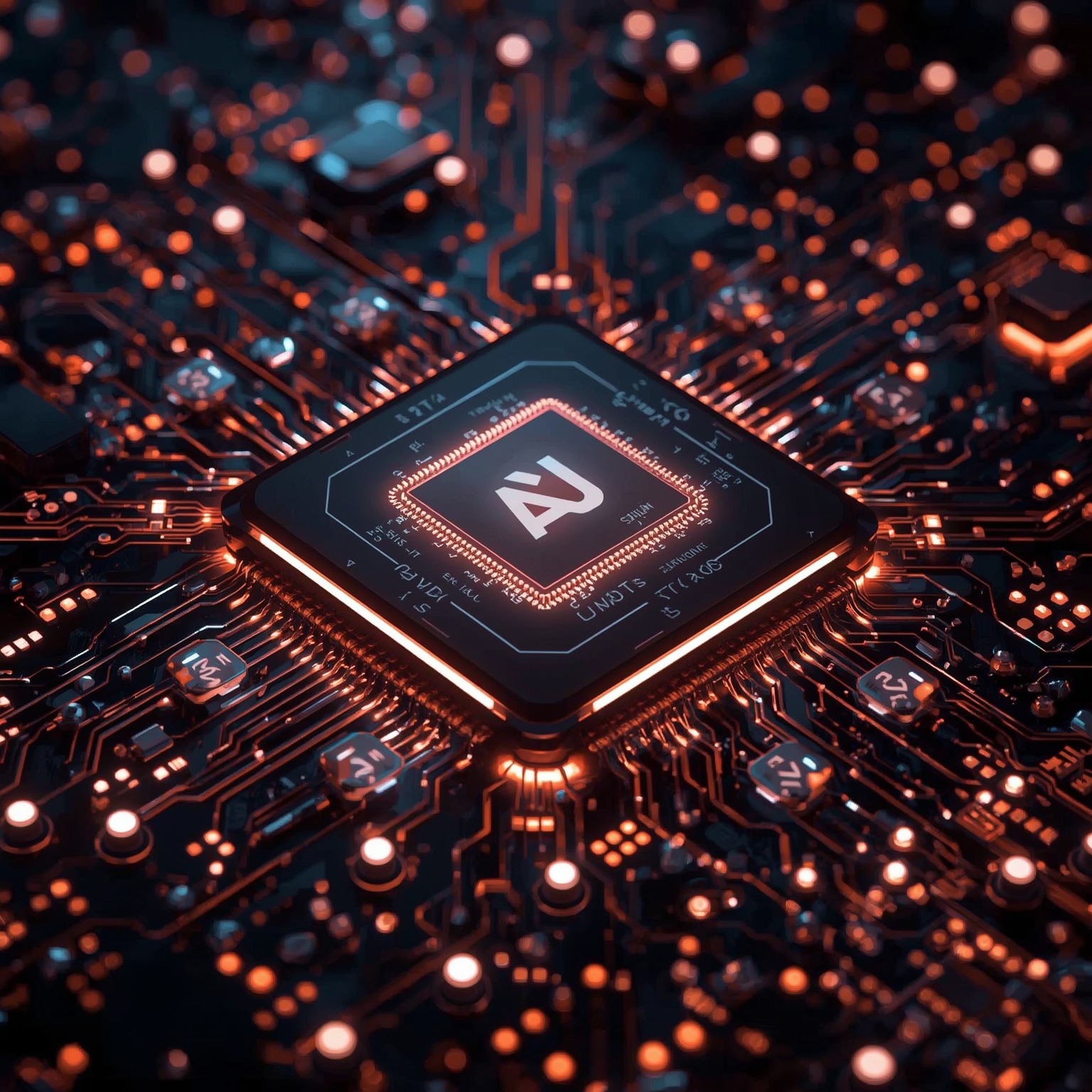OpenAI, the renowned artificial intelligence research company, is reportedly preparing to move into a new and highly consequential stage of its technological development by initiating large‑scale production of proprietary semiconductor chips as early as next year. According to information disclosed in the *Financial Times*, this will mark the very first occasion in which the organization fully manufactures AI hardware components of its own design, rather than relying solely on external suppliers. This step represents a significant milestone, underscoring OpenAI’s intention to exercise greater autonomy over the hardware infrastructure that underpins its increasingly resource‑intensive AI systems.
Sources who chose to remain anonymous revealed that the company collaborated closely with the American semiconductor powerhouse Broadcom in the architectural design of these advanced chips. Their joint work came to light in parallel with Broadcom’s announcement of an exceptionally large $10 billion order for semiconductors from a then‑undisclosed client, revealed last Thursday. Although the transaction was not officially attributed to OpenAI at the time, industry observers and experts widely interpret the identity of the customer as being none other than OpenAI itself. For several months, speculation in the technology sector has circulated regarding this collaboration, with many analysts regarding it as something of an “open secret” due to the convergence of circumstantial evidence pointing in that direction.
Importantly, according to the *Financial Times* report, OpenAI does not intend to commercialize or offer these custom chips for sale on the open market. Rather, the plan is to retain them for exclusive internal deployment, where they will serve the company’s own demanding computational needs. Such a strategy mirrors the path taken by other technological giants, including Google and Amazon, which have over the years engineered their own tailor‑made chips. The reasoning for these initiatives is multifold: to substantially reduce long‑term operating expenses, to ensure a stable and secure supply of essential components in an industry frequently shaken by shortages, and to gradually diminish dependence on market leader Nvidia, whose graphics processing units have long been the dominant standard for powering intensive AI workloads.
This decision by OpenAI to escalate its commitment to hardware development reflects a broader trend among top technology enterprises that are investing staggering sums—often in the realm of billions of dollars—into strengthening artificial intelligence infrastructure. By acquiring greater control over the chips responsible for training and operating their large‑scale models, companies like OpenAI can maximize efficiency, safeguard against critical vulnerabilities in their supply chains, and accelerate ongoing research. In essence, the endeavor not only enhances the technical capabilities of OpenAI’s systems but also symbolizes a strategic move toward long‑term independence and leadership within the rapidly evolving AI ecosystem.
Sourse: https://www.theverge.com/news/772433/openai-custom-chip-production-broadcom



